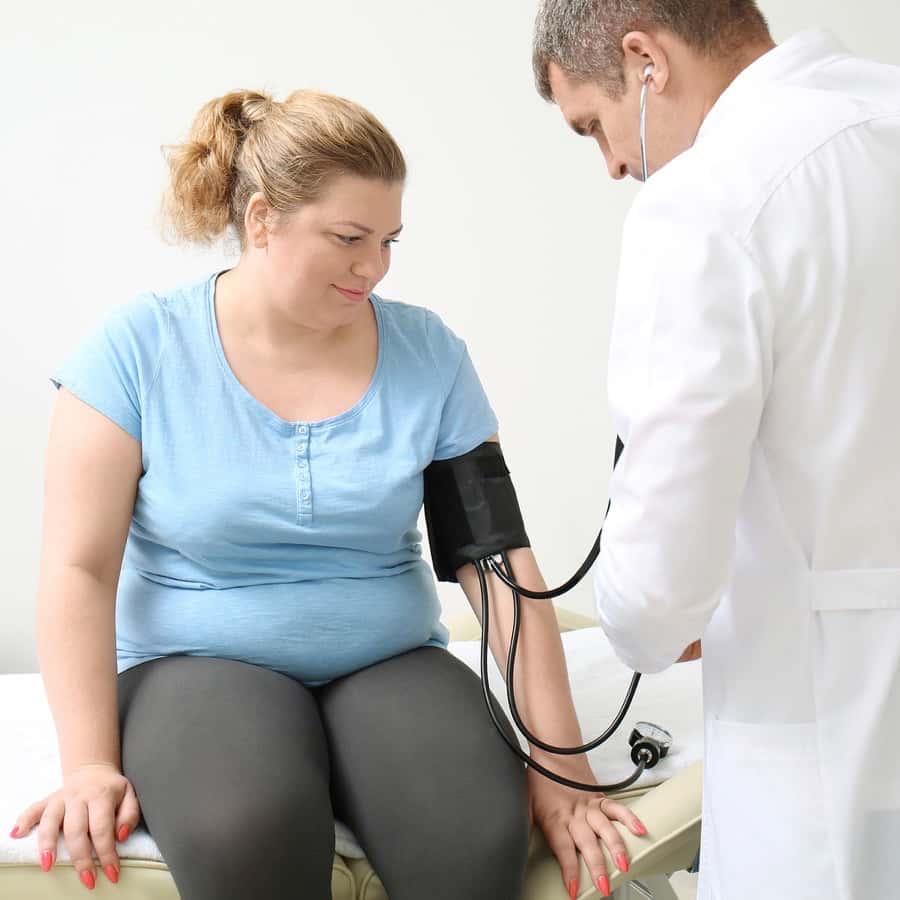
We are constantly amazed at how many mistakes health professionals make when they take blood pressure measurements. Readers have shared that technicians don’t often give them time to sit down and relax before pumping up the cuff. Rarely is the arm supported at heart level. Even worse, though, doctors sometimes rely on blood pressure measurements that are taken under very stressful conditions. That is what happened to this reader.
Are Hospital Blood Pressure Measurements Reliable?
Q. I was hospitalized last year with a serious asthma attack. At that point, my blood pressure was high, but I monitor it at home. It is normally 120 over 76.
A couple of doctors got angry at me because I would not agree to take blood pressure medicine upon discharge. One doctor even said, “I don’t care WHAT your blood pressure is normally.” Shouldn’t they pay more attention to such information?
A. Hospitals can be scary places, especially when you are having trouble breathing. We’re not surprised that your blood pressure might have been elevated.
Home blood pressure measurement can be an accurate reflection of hypertension (Journal of the American Heart Association, Oct. 16, 2018). Ideally, you would measure your BP twice in the morning and twice in the evening for several days to get an average you can show your primary care physician. She will be better able to determine if you need medication.
Readers Share Stories of Improper Blood Pressure Measurements:
Cate relates this indignation about her cardiologists:
“Unbelievable: they put the cuff over bulky clothing; they make you sit on an examination table with your feet dangling in the air; they use your right arm; and they pull your arm straight out; and they talk to you while they are doing it; and they pooh-pooh what you say when you tell them what you understand is the proper way to take blood pressure.
“And I am talking about what goes on in CARDIOLOGISTS’ offices. We see several different ones, and they all fit this description.”
Mike relates an unapproved way to take blood pressure measurements:
“I was told by a medical professional that after taking a reading sitting down, it should be followed up with a second reading while standing.”
That is not the way the American Heart Association recommends blood pressure measurements.
Bob is working collaboratively with his physician. We applaud this approach:
“After years of high readings taken at the doctor’s office, I bought a ‘top of the line’ BP monitor about 6 years ago. Readings are as accurate as in the doctor’s office and allow me to report whether my medication is working as desired. Doctor tweaked the meds a couple of times, and the BP is now under control to everyone’s satisfaction.”
Questions to ask yourself next time you get your BP measured:
1) Were you given time to relax?
2) Were you seated properly, with your back supported and your feet on the floor?
3) Was your arm in the right position?
4) Did you keep your mouth shut while your BP was being taken?
5) Was the BP cuff the right size?
6) Was your blood pressure measured at least twice?
7) Did you pee prior to your BP measurement?
To learn the proper measurement technique and various options for blood pressure control, you may wish to consult our eGuide to Blood Pressure Solutions. This online resource is available in the Health eGuides section of this website.
Please share your own experience with blood pressure measurements in the comment section below.

